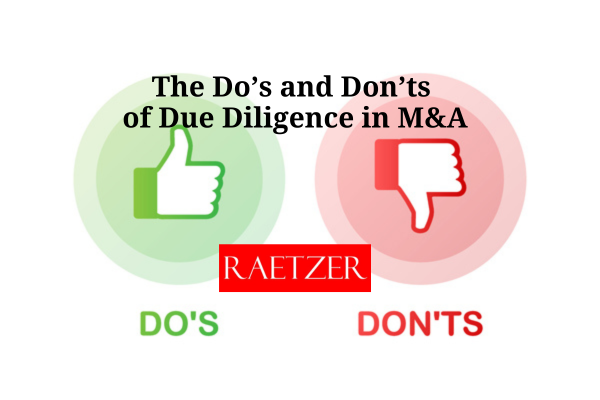Congratulations on Buying Your First Business! Here’s What Comes Next.
Purchasing a business is a significant achievement, and the journey to ownership is often long and challenging. Many buyers breathe a sigh of relief when the deal is finalized, assuming the hard work is over. However, the reality is that closing the deal is just the beginning. Post-sale, buyers may encounter various legal and operational challenges. Thankfully, there are steps you can take before finalizing the sale to safeguard against these potential issues.
Here are some common challenges to anticipate—and how to prepare for them:
1. Non-Competes
Even if you have a positive relationship with the seller, remember that they possess valuable industry knowledge, experience and connections. Without proper precautions, they could use these assets to start a competing business. To prevent this, ensure you have a non-compete agreement in place before closing the deal. These agreements, which are standard in business sales, restrict the seller from establishing a competing business within a defined geographic area and time frame.
The terms of non-competes should be reasonable and tailored to the type of business. For instance, it’s unreasonable to prohibit a former medical facility owner in New York from operating a similar business in Texas. However, such a restriction might be appropriate for a nationwide operator. Consult legal counsel to draft a non-compete agreement that complies with your jurisdiction’s laws and protects your interests.
2. Definitive Purchased Assets
Disputes over which assets are included in the sale can lead to unexpected costs and complications. To avoid this, work with an attorney to create a detailed Asset Purchase Agreement (“APA”) before finalizing the deal. An APA specifies all the assets being transferred—both tangible (equipment, inventory) and intangible (intellectual property). If the purchase includes employees, outline their contracts, benefits, and obligations in the agreement.
For businesses relying on key employees, consider requiring them to sign employment contracts as a condition of the sale. Offering financial incentives can also help retain critical talent and ensure a smooth transition – consider doing so on an independent contractor basis to avoid issues down the road.
3. Brain Drain
A change in ownership can unsettle employees, particularly if the previous owner was well-liked or central to daily operations. Concerns about layoffs or organizational changes may prompt employees to leave. To address this, develop a retention strategy for key team members. Communicate your vision for the company clearly and transparently to alleviate concerns. If possible, reassure employees about job security and provide incentives to encourage them to stay.
4. Fleeing Clients and Suppliers
Clients and suppliers often build strong personal relationships with the previous owner. After a sale, some may be reluctant to continue their association with the business under new leadership. Collaborate with the seller to create a transition plan for these relationships. Joint meetings with key clients and suppliers can help maintain trust and ensure continuity. Early and consistent communication is crucial to preserving these partnerships.
5. Naughty Sellers
Occasionally, sellers may fail to honor the terms of the sale, whether intentionally or due to misunderstandings. For instance, a seller might retain assets included in the transaction, ranging from minor items like office furniture to critical assets like a 100k count customer email list. To protect your investment, engage an experienced transactional attorney to draft robust agreements. Having legal support post-closing can also help enforce contract terms and ensure you receive everything you’ve paid for.
Buying a business is an exciting milestone, but it comes with its share of complexities. By preparing for these common challenges before closing the deal, you can set the stage for a smooth and successful transition. With the right strategies in place, you’ll be well-positioned to make your new business thrive.




